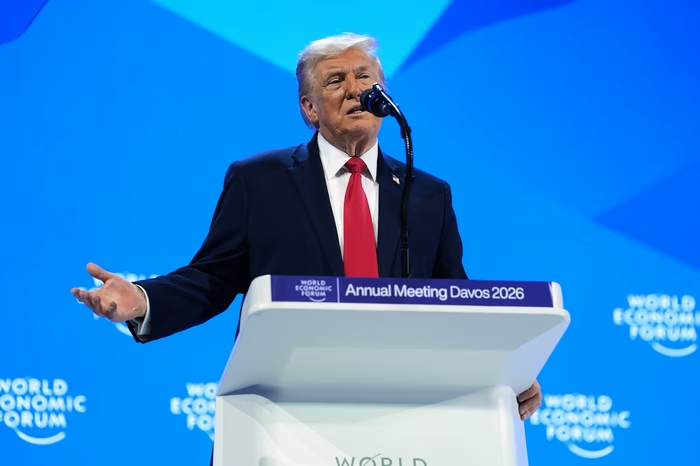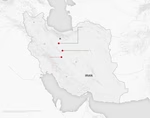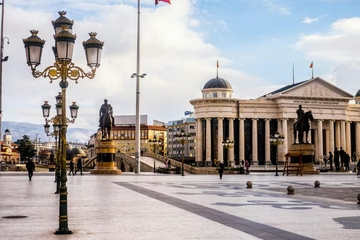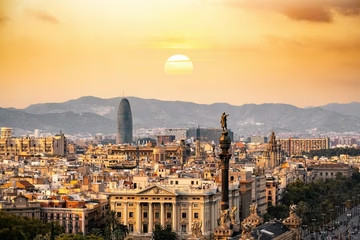
Unless the European Union sets itself a goal, it will never be ready for enlargement, European Council President Charles Michel said on Thursday, after his statement that the European Union had to be ready to accept new members by 2030 was met with a strong response.
Oglas
Setting a date forces the EU to prepare, and gives the Western Balkans a concrete time frame to achieve results. It is clear that unless we set ourselves a goal, we will never be ready, Michel said in a conversation with a group of Brussels correspondents.
Michel said that his speech given at the Bled Strategic Forum three days ago, in which he mentioned the date, was a result of many consultations with EU and Western Balkan leaders.
The fact that it is necessary to obtain the unanimous consent of all member states for all important decisions is often cited as one of the main obstacles to the further enlargement of the EU, since it greatly slows down and in some cases blocks the decision-making process.
There is also the question whether the unanimity rule can be changed without changing the treaties according to which the European Union operates, and whether the EU can expand at all without changing those treaties.
Changing EU treaties is a very long process that can easily fail due to a blockade by any member state, since they all have to ratify the change either in their parliaments or in a referendum.
Michel says that the EU must answer three questions before deciding whether to proceed with treaty changes.
We have to find answers to three questions: What do we want to achieve together, what are our priorities? How will we implement it and how will we pay for it? If we find a common approach on those issues, then we will see if we need to change the treaty, said a diplomatic source.
Other diplomatic sources in the EU point out that the question of the decision-making process should not be reduced to whether the consensus or the right of veto should be abolished and that a more nuanced approach is needed.
The right of veto is also a tool that forces us to seek a solution acceptable to all and is important for small member states to protect their interests, said a diplomatic source.
The EU must secure new financial resources in order to be able to receive new members. At the same time, diplomatic sources point out that admitting the countries of the Western Balkans, which have a total of 16, 17 million inhabitants, should not be a problem, but it will be much more difficult to find new funds for Ukraine, with about 40 million inhabitants, which is also much poorer and which will need considerable funds for post-war reconstruction.
EU leaders will start discussing all these issues at an informal summit organised by the Spanish presidency in Granada on 6 October.
Kakvo je tvoje mišljenje o ovome?
Učestvuj u diskusiji ili pročitaj komentare
Oglas
Kakvo je tvoje mišljenje o ovome?
Učestvuj u diskusiji ili pročitaj komentare
Oglas





 Srbija
Srbija
 Hrvatska
Hrvatska
 Slovenija
Slovenija



























































